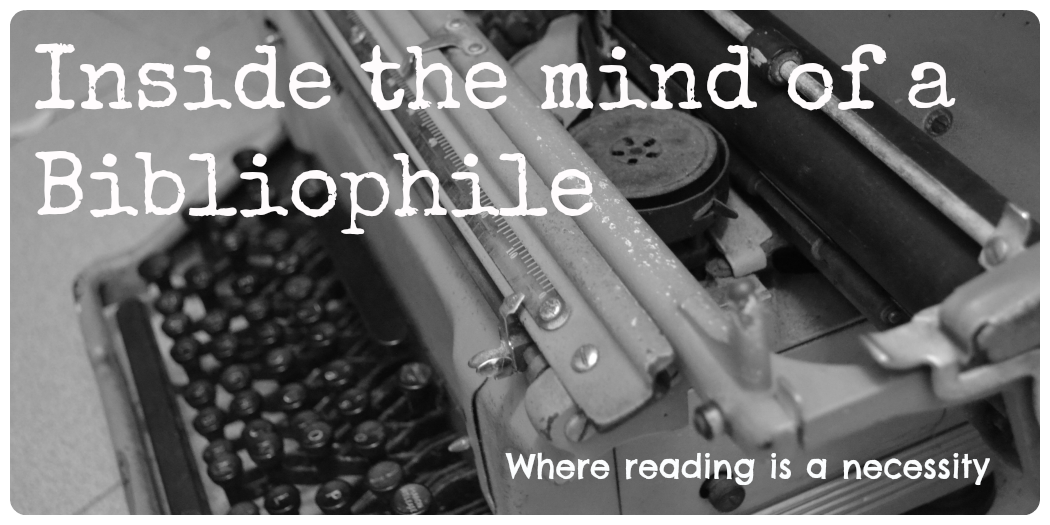I always thought I was fairly well-adjusted. Then, I read this book and felt very dysfunctional. At first, I'm not sure why, but I was scared to read it (this was after I read the first 1 or 2 chapters), but later, I didn't really find anything scary. It's designed to appeal to teens, so the layout and stuff was interesting, but not exactly my type.
Well... what can I say? This book looks fairly controversial on amazon.com. When I went to look at the reviews, I saw a small, but vocal minority who didn't like it. And surprisingly, it was those few people who wrote the longest, and most "thought out" (in the sense that they gave reasons) reviews.
I think, that this book is quite good. It effectively showed me the various lies Satan uses. Ok, I'm starting to sound boring, because I'm fluffing/being un-substantial. To get to the point, here are my opinions on a few of the issues raised:
They had this section encouraging you to avoid any thing that presents "witches, sorceres or other occult characters" as heroes. I agree, with this point, but it felt a little generalised. Before you bring pitchforks, let me explain. There are, I believe, many Christian fantasy books that may transgress this general warning. For example, The Dragons in Our Midst Series, (which I loved) presents dragons in a positive light. Yet, it's also a good tale about trusting in God. Hmmm....Or how bout Gandalf, from Lord of The Rings, who's a wizard? I think they really could afford to write one more paragraph to elaborate their views on Christian fantasy.
Another, more deeper reason comes from the fact that I'm Chinese. If you want to know, Chinese mythology, and in fact, many of our festivals, once had Buddhist/Taoist/Supernatural roots. If you look at the mid-Autumn festival, which was just over, legends surrounding it include: Chang-E (a deity), A group of deities (on a boat) and killing the Mongol overlords. The inference I got from this section was that to be a good Christian, I have to abandon my culture. Or, to look at another scenario, if I were to go to Japan for mission work, it only makes sense to familiarise myself with the culture, even though it is basically Buddhist/Shinto. But wait? Won't that expose me to Satanic influence?
And I think, really, this is the heart of the matter. Jesus is meant to be above culture, but there are circumstances where it's very hard to be a Christian without looking like a sellout (I'm not referring to the counter-culture/post-modern culture in America nowadays that people think of when the phrase Jesus above culture appears). If I remember correctly, in either Thailand or Vietnam, the Christians there sing hymns according to traditional tunes, which were once Buddhist chants. But to make them sing traditional Methodist hymns, they wouldn't connect as well.
So how can this be? I have a feeling, this book was targeted specifically at the Western girl. Which placed me in an uncomfortable situation. I'm not refuting any of their points now, but I do feel that the section on Lies about Satan was far too short. Especially since in a globalised world, we're far too often going to meet other, non-Christian cultures. Or maybe, I just read too deep into it; but I do know that this was one of the things that I felt dissatisfied about after reading the book.
The other part which made me uncomfortable was the section Lies about the Future, where they dealt with the issue on feminist. It did seem like they were encouraging (let's not use the word 'force' or 'pressurise') me to not get a career. But honestly, their allegations that girls are told they SHOULD have a career, well, I don't feel that. I'm not saying I don't want to get married and have kids, because I think whether I ultimately do or don't is God's decision. And I think instead of encouraging us to look forward to getting married, they should be encouraging us to listen to God's will for us. (The New Testament is fine with unmarried people)
Personally, I think that one argument they used, from Genesis 2:18 that "God created women to be a helper to the man" is a little misleading. Because I have quite a big interest in apologetics, I do know that in this case, helper, isn't so much as subordinate as something more equal(: (This is also why, I intend to learn Hebrew one day in the future, so I can read the Bible myself instead on relying on translations which are too apt to be misinterpreted or twisted).
Like really, the whole women working thing, the first thing that I thought was "hey, studies show women are better at being the boss in today's business environment because we have better interpersonal skills" and "my dad does the housework because my mom's a teacher". So it felt like they had this whole dimension they didn't explore in enough detail (enough, not just detail ok?)
I don't know if what I write feels like a criticism of the book because really, it's not. I love the book and I think every girl should read it. Maybe it's because of my confrontational nature (made worse by the fact that I'm a MUN-er) or because I have no talent at writing, so I use long, convoluted sentences, because I cannot express my thoughts succinctly (but that is for another post). But please, don't take all I just wrote and think that I have major issues with the book. It's only two parts, and they're quite minor. It's just for me, my heritage, and my view on work are issues close to my heart.
Friday, September 16, 2011
Subscribe to:
Post Comments
(
Atom
)


No comments :
Post a Comment
I really do appreciate all comments, and I'll try my best to reply within 24 hours!
^_^